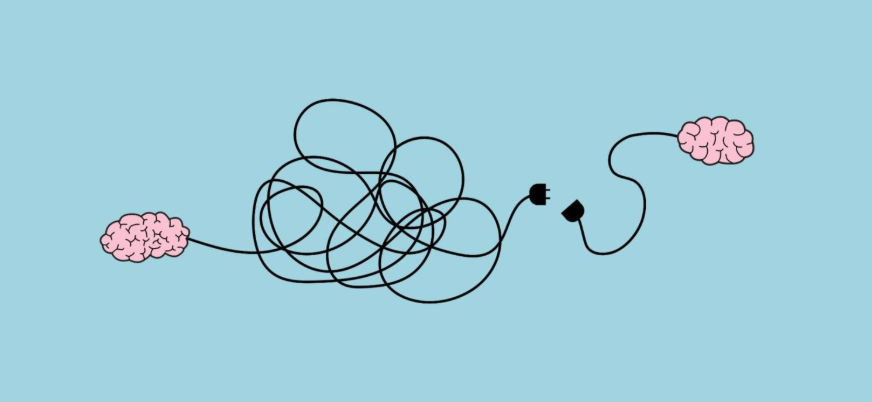
Redefining Family
October 17, 2018
Pregnancy and Mental Health
December 14, 2018This month marks the beginning of my favourite time of the year. December is the month when trees become adorned with white glistening snow, we embellish our homes with twinkling lights, and we hear the sound of silver bells.
Christmas has always been my favourite time of the year. I associate this month with the smell of fresh baked cookies, drinking rich eggnog, watching old Christmas movies, and sitting by the fire. Some of us were raised to believe in Santa, and experienced elaborate gift-filled mornings, while others prefer to enjoy celebrating the birth of Christ and paying respect to the meaning of His sacrifice.
For many, Christmas is a joyous time. For some, it is a stressful time. Some find themselves overwhelmed with financial and familial obligation. While others believe Christmas is defined by family, food, and having an appreciation for our blessings.
So what fuels these very different perspectives?
Many people have told me their past negative experiences make this time inevitably stressful for them. However, I am not sure that past negative experiences are congruent with disliking Christmas. In anticipation of this article, I was forced to contemplate my own life and wonder why Christmas is so special for me.
I absolutely love Christmas, and for the purposes of this article, I explored the question of why. Many may assume it is because I had positive past experiences, however, that is far from the truth. I grew up in a single-parent home with a parent who had many struggles. After my parent’s divorce my father didn’t celebrate Christmas, so the task of making our house festive fell to me each year. More recently, my own marriage ended on Christmas Eve. However, despite these experiences, I have always associated each and every Christmas with happiness and love.
I truly regard the month of December as the best time of the year. But why?
In Counselling Psychology, we refer to our internal perceptions as Schemas. These are preconceived ideas about how things “ARE or SHOULD BE”. These schemas are built by our values, past experiences, and beliefs. They provide a framework, against which we compare and align all incoming information. An example of a schema that many of us will relate to is the idea that all Psychiatrists have an office with a couch in it for patients to lay on and divulge their problems. This is not a fact, but we all believe it to be true. Similarly, many of us have been raised to believe that Christmas is a happy, joyous time full of food, family, and celebration.
But what happens when how things ARE is in stark contrast to how things SHOULD BE? What happens to those who can’t afford food, don’t have a family, and weren’t raised to believe in Jesus? Can we still love Christmas?
I invite you to consider:
Christmas is not about what we receive or about what we experience. It is about what we give, and how we influence the experiences of others.
This month I encourage you to direct your focus away from the tangible gifts we give and receive, and instead focus on giving your time and attention to others. Despite my experience with Christmas as a child, our home was always one that welcomed others to eat. Our home may not have been embellished with fancy lights or a big festive tree, but I always remember a house full of food, family and friends. Christmas was a time of simplicity where there was always room for one more at the table. I could have allowed my view of this holiday to be defined by what I did not receive, but instead, I have chosen to define it by what I learned to give. It is for that reason that my best Christmas memories include nothing more than listening to Christmas music and watching an old Christmas movie.
Shifting our perspective is uncomfortable because it requires us to accept that in order to change our perceptions we must lift the anchor to which our core beliefs are tethered. This Christmas I encourage everyone to redefine your Christmas schema, and in doing this we can shift our focus away from what we want, and instead be thankful for what we have to give.
Merry Christmas from all of us at OK Clinical.
Written by Lisa Ann Butcher, Graduate Student Counsellor
Email: [email protected]
Tel: 250-718-9291






